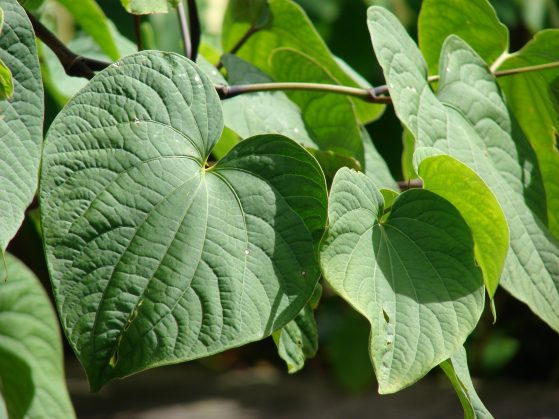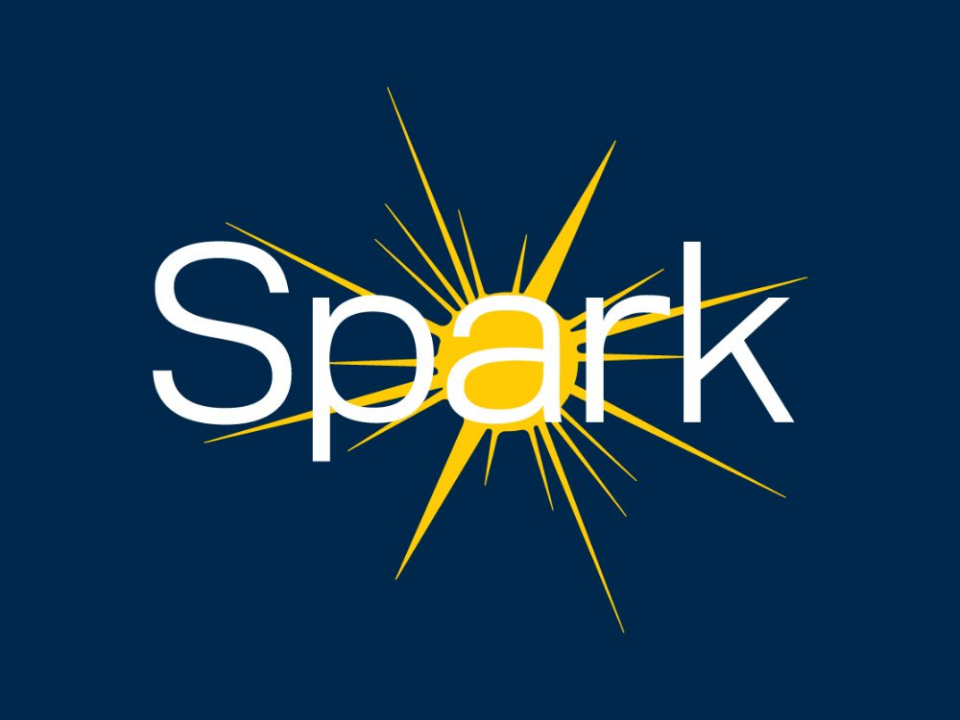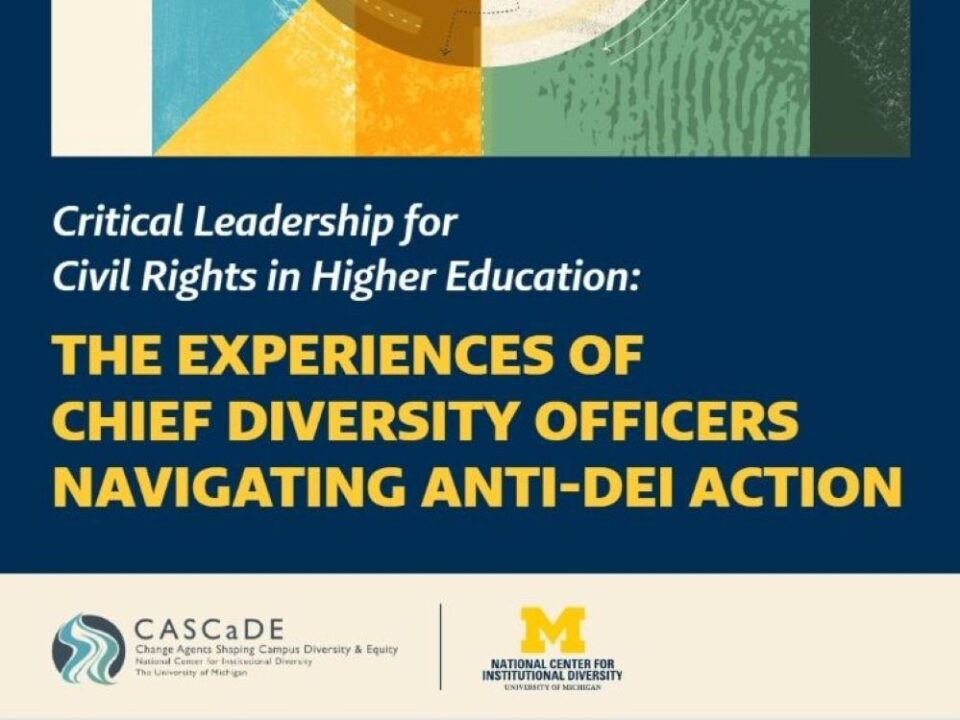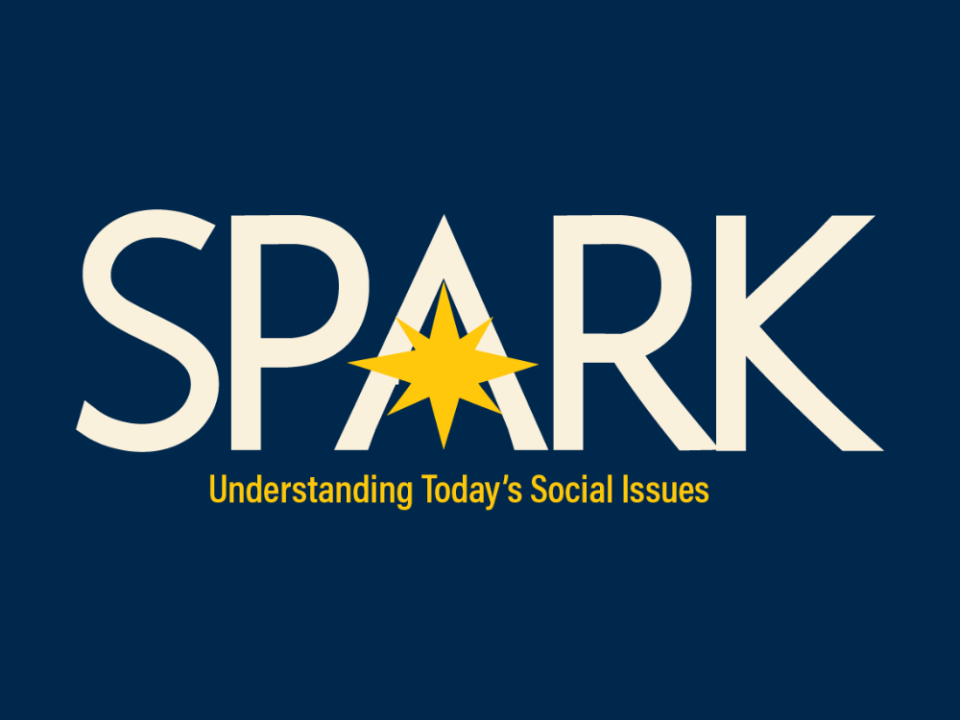- About
- News
- Events
- Initiatives
- Anti-Racism Collaborative
- Change Agents Shaping Campus Diversity and Equity (CASCaDE)
- Diversity Scholars Network
- Inclusive History Project
- James S. Jackson Distinguished Career Award for Diversity Scholarship
- LSA Collegiate Fellowship Program
- University Diversity & Social Transformation Professorship
- Publications & Resources
- About
- News
- Events
- Initiatives
- Anti-Racism Collaborative
- Change Agents Shaping Campus Diversity and Equity (CASCaDE)
- Diversity Scholars Network
- Inclusive History Project
- James S. Jackson Distinguished Career Award for Diversity Scholarship
- LSA Collegiate Fellowship Program
- University Diversity & Social Transformation Professorship
- Publications & Resources
2019 Recipients of Grants to Support Research and Scholarship for Change
May 3, 2019NCID To Welcome Three Scholars-in-Residence
May 21, 2019Scholar Story: Michael Spencer
"My hope is that not only do we ultimately heal ourselves, but in the process maybe we can teach the world something, too."
What is the added value of indigenous practices towards living a more healthy life? Michael Spencer says, “Whether you talk about health disparities or you talk about social disparities, there are a number of ways in which incorporating culturally relevant practices and interventions directly addresses those issues. It connects our current selves to our ancestors as well as our descendants looking at how these ancestral cultural practices can impact future generations. I think these interventions are really focusing on the journey of self and family, and how can we regain the positive aspects of indigenous culture and integrate them into our lives today.”
Dr. Spencer is a presidential term professor and director of Native Hawaiian, Pacific Islander & Oceanic Affairs at the University of Washington. His research focuses on interventions that addresses health equity and promotes health among Native Hawaiians through indigenous practices and values.

How would you describe your research interests and/or agenda?
My research largely focuses around native Hawaiian well-being. It's participatory research with native Hawaiian communities, and specifically I focus on interventions that are culturally grounded, that support well-being, and that act as prevention for all sorts of chronic illnesses and emotional issues. My projects have largely focused on finding or locating within the community cultural practices that are being used by community members, to look at their effectiveness as well as their added value to well-being. We work both in community settings as well as within clinic settings. A lot of my previous work has mostly been done in clinics, but in this case I've been working with community organizations as well.
The first project that I'm working on, which is probably my main project, looks at the integration of native healing practices into a Western federally-qualified health clinic. We're meeting with providers, patients, as well as community members around the acceptability of native Hawaiian healing practices —in Native Hawaiian language, "la'au lapa'au” — within the context of a primary care health clinic.
The second project I'm working on has to do with an intervention around the cultural practice of creating a board and a stone for pounding taro into poi. One of the things that we do is bring families together, go out and make their own tools, and create a board and stone. It brings families together around a cultural practice with embedded discussions around family roles. This promotes a stronger Native Hawaiian identity.
The third project uses a modern technology called aquaponics. An aquaponic system is basically a device where plants grow in a bed above a water tank, and in the water tank are fish. It's a self-containing system. The waste from the fish essentially gets sent up to the plants, which fertilizes the plants and gets filtered back into the tank so that the fish constantly have fresh water. It's part of a larger food sovereignty type of intervention, where we are providing a sustainable means for families to access fresh food and vegetables at a lower cost in Native Hawaiian communities, which oftentimes are also food deserts, where they lack access to healthy foods and other sorts of things. Cultural values and practices are also included as a part of this project. The project is part of a collaboration with Dr. Jane Chung-Do and Ms. ‘Ilima Lastimosa of God’s Country Waimanalo.
What have you learned so far from these projects?
One of the main themes that's coming out is this idea of remembering. In the process of colonialism, a lot of our cultural practices were either banned or we weren't allowed to carry them on because of either being dispossessed of our land, or not being able to speak our language, having our language outlawed, or not having access to adequate resources. The process of colonization also led Western epistemology to view our practices as inferior. All of those things have led to a greater sense that our practices were antiquated.
Today, a lot of people are remembering, "Oh, yeah, I remember Grandma used to say that”, "I remember when Mom used to grow those plants in our yard, and she used to make me take them, and I used to hate it,” or, "And I used to tell her to stop doing that because people would think she was crazy.”
Now they're realizing, "Wow, Grandma, she actually had wisdom,” and, "She had a lot of knowledge." There's a sense of pride in that the way we did things actually wasn't inferior, but in fact in many ways potentially superior and quite innovative.
What prompted you to examine this line of research?
Growing up as a Native Hawaiian in Hawaii, what I've been sharing with you is not so different from my own life story. My grandmother was one of the first to convert to Christianity, instilled those values in my father, and he passed those on to me. Within the context of that, a lot of what she taught my dad was to forget the past, to embrace this Western society so that we could be successful people, and engage within Western society as equals, so to speak. That was instilled in me, and it's hard to say that. Outside looking in it may sound like, "Jeez, that's terrible that that value was passed down," but in a way it was helpful from the standpoint that I was able to achieve everything that I was able to achieve, and that I am now in position then to do this work in a way that not only promotes the recovery, the renaissance, whatever word you might use in terms of reviving the practices, but I can do so with an eye that not only is sensitive to my culture, but can also be understood by those within Western society.
I've always wanted to work with my community, but then to have the opportunity to promote the practices of our culture, to share with other people the innovation and the ingenuity of my people brings me great pride. In some ways I feel like I am doing what my dad said and my grandmother wanted, but I'm not forgetting the past.
What are some key points you want to share with readers?
One... Indigenous cultures do possess great wisdom and great knowledge, and that wisdom and knowledge can benefit all of us today.
Two… Native Hawaiian people and many indigenous populations globally had a greater understanding of environmental sustainability. They knew how to use resources in order to preserve it. They only used what they needed. They didn't exploit nature or the environment, but they lived in harmony with it. They had a sense of interrelationship with it. So, this has value in today's world where we're struggling with how we can save our planet and how we can engage in more sustainable practices.
Three… The other thing that I would like people to learn from this is that I think within any community of color, these qualities exist. There are aspects within our culture that are protective, that can provide us with strength, and that really goes beyond just lip service to cultural values. It’s important to support some of these practices and to share them with other people. That's the thing. Share it with other people, because we can benefit from some of those practices as well.
Are you interested in Dr. Spencer’s work? Feel free to reach out to him. He is interested in working with other scholar on projects around native Hawaiian well-being and wellness, primarily in the general area of health, using community-based participatory research. Visit Dr. Spencer’s profile here.




